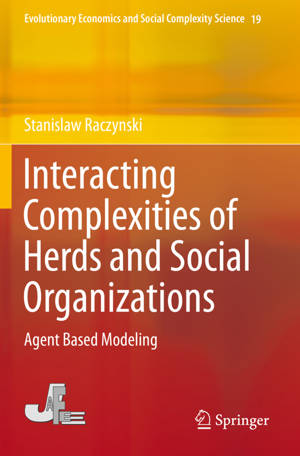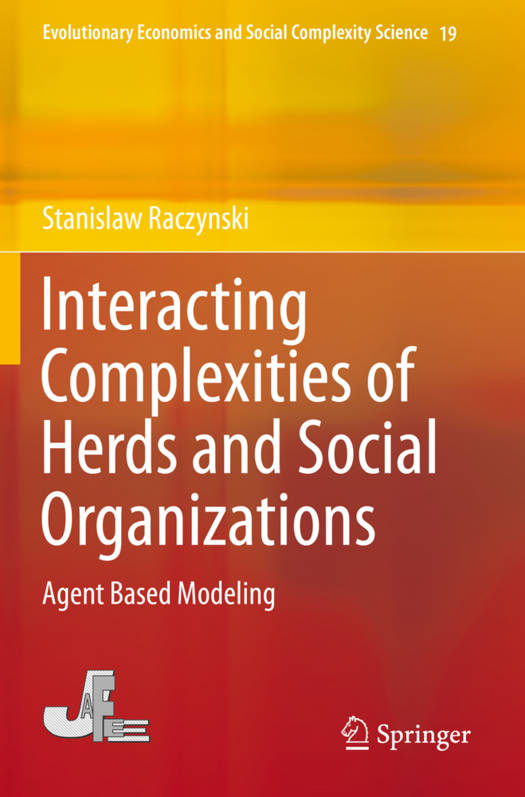
- Retrait gratuit dans votre magasin Club
- 7.000.000 titres dans notre catalogue
- Payer en toute sécurité
- Toujours un magasin près de chez vous
- Retrait gratuit dans votre magasin Club
- 7.000.0000 titres dans notre catalogue
- Payer en toute sécurité
- Toujours un magasin près de chez vous
Description
This book presents examples of and the latest simulation studies on artificial societies and populations, highlighting innovative implementations of various models of artificial societies and populations using a new, C++-related simulation tool. It demonstrates that the prey-predator models--including spatial distribution, moving patterns, limited renewable food, fear, gregarious (herd) instinct, clustering, epidemics, and competition--are more complex than other publications have suggested, and highlights the great discrepancy between agent-based and conventional continuous models. The book also discusses the modeling and simulation of self-organization and interactions between organizations, including terror organizations, offering fascinating insights into organizational dynamics.
The book provides a broad range of examples and comparisons with the classical dynamics approach, showing readers how to construct models of complex systems. It starts with descriptions ofthe behavior of interacting individuals and also includes important information on the macro-behavior of the whole system.
Spécifications
Parties prenantes
- Auteur(s) :
- Editeur:
Contenu
- Nombre de pages :
- 150
- Langue:
- Anglais
- Collection :
- Tome:
- n° 19
Caractéristiques
- EAN:
- 9789811393396
- Date de parution :
- 19-09-20
- Format:
- Livre broché
- Format numérique:
- Trade paperback (VS)
- Dimensions :
- 156 mm x 234 mm
- Poids :
- 240 g







